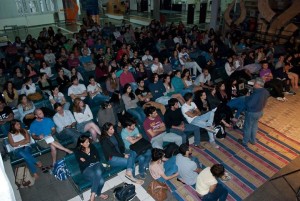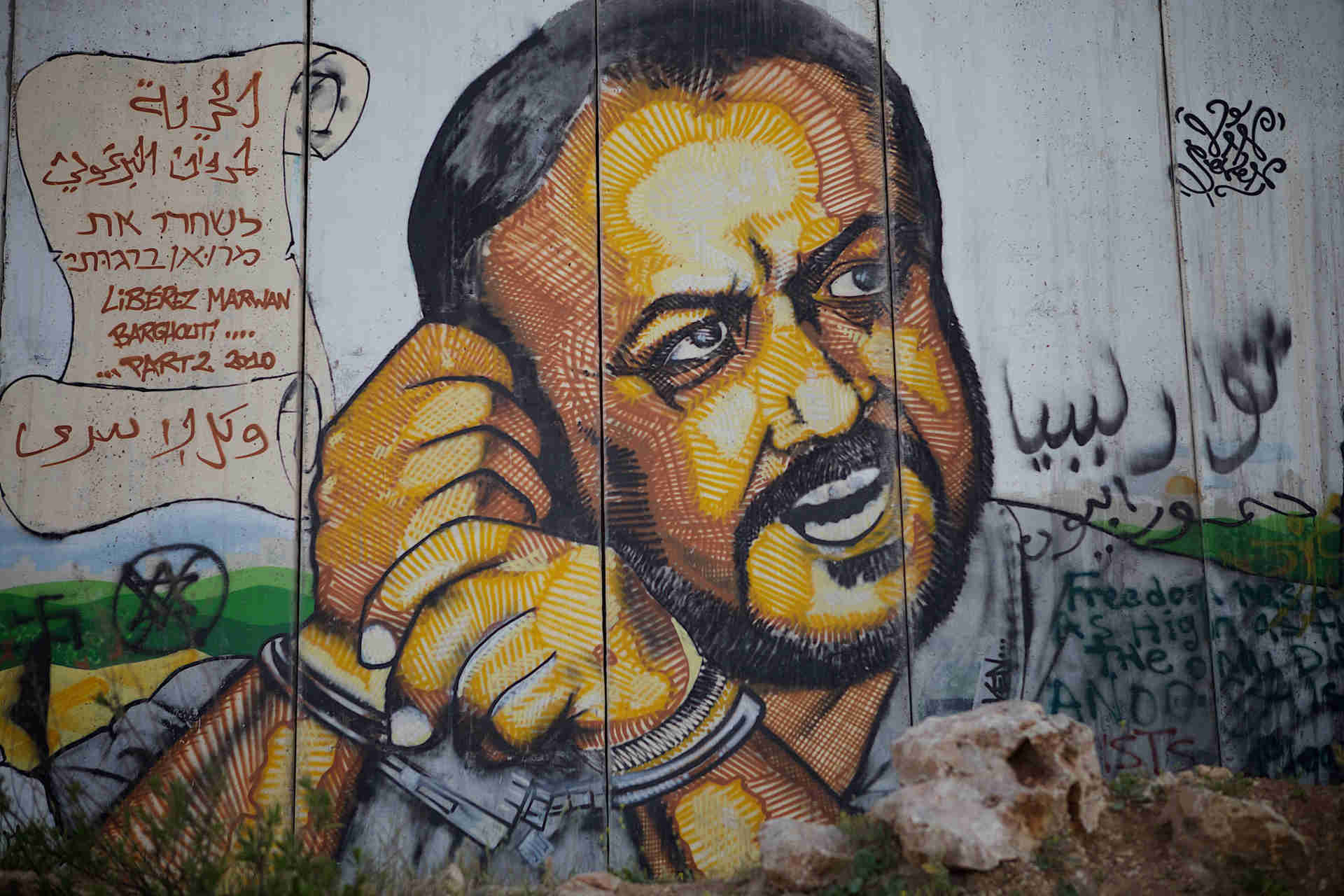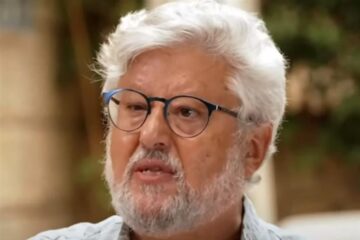In the past 30 years, with the exception of during the Second Intifada from the end of 2000 until 2004, I can hardly remember a less hopeful time. The levels of death and destruction are much lower than during the height of the Second Intifada, but since then, a whole new generation of Israelis and Palestinians has been born into this conflict with no sight of a way out in the foreseeable future. Our leaders (in Israel and Palestine) offer us (Israelis and Palestinians) no reason to feel hope. Both leaders talk about wanting peace and prove by words and actions that they will not be the leaders who will make peace.
I admit that for most of the past three decades, I have believed in a top-down peace process. I believed that once presented with a genuine peace deal negotiated by the leaders, a large majority of Israelis and Palestinians will say “yes.” I still believe that – in fact up to around 70% of people on both sides will some day vote positively on a referendum for Israeli-Palestinian peace. The problem is that we lack the leaders who are willing and able to make the deal. I don’t see a negotiated Israeli Palestinian peace deal in the near future, and I do not believe that it is possible to impose peace on Israelis and Palestinians. It cannot be done from the outside. If someone tries to impose a peace deal, it will be rejected by both sides.
I have long believed that the best way to reach a peace deal is through direct bilateral Israeli-Palestinian negotiations behind closed doors. I still believe that this is the best way to reach a deal, perhaps the only way – directly, bilaterally, with the help of our neighbors and friends in the region and around the world. I know that I have tried many times to help the leaders to enter into secret direct negotiations.
I have failed. I don’t believe that it is possible with our current leaders. I don’t believe that Netanyahu and Abbas are the leaders who will lead their people to peace – despite their declarations of wanting peace for their people.
Where does this leave us? It puts us, the common Israeli and Palestinian citizens, in the position of having to become peacemakers ourselves. We have almost no contact. Most Israelis and Palestinians never speak to each other. More importantly, they almost never listen to each other. Many times, in those rare opportunities when they do meet, their encounter is more often than not a debate or what we call in Hebrew “a discussion of the deaf.” Both Israelis and Palestinians who participate in encounters or public meetings are very good at grandstanding. They excel in trying to score points against each and especially in the competition of suffering (each from the other). Mostly, they don’t even try to listen to each other. There is another possibility.
We could try reaching out to listen to the other side. I have never be rejected by anyone in the world when I have said to them,
“Tell me your story, tell me about yourself – I want to understand you.”
From my experience, when I ask to listen and I do listen, I am also given the opportunity to be heard.
I believe that most Israelis and Palestinians are honestly concerned about their future here. They do want peace but they do honestly believe that there is no one on the other side who wants it also. In a time when our leaders fail us in creating and building partnerships, we, the citizens are going to have to do it. This perhaps cannot be orchestrated by an organization or organizations. The best outcome might be from spontaneous actions of citizens who start a movement. We all spend time on our Facebook, Twitter, Instagram and other social media. Those tools of social media can be very effective tools of peacemaking. My suggestion is to find someone on the other side of the conflict line and begin a conversation.
Start by introducing yourself and express your desire to listen.
That’s how it can begin. I have done it hundreds of times. I do it every week. I then work on keeping those contacts and expanding the discussions and because I cross borders all the time, often I end up meeting face-to-face with them. I have not been able to go to Gaza since 2007, so with people in Gaza I chat on the Internet on Facebook or Skype or even sometimes simply use the telephone to talk. This is something that every single one of us can do. It won’t always work.
Often there will be difficult conversations. There will be many disagreements and disappointments. There is almost no possibility to reach agreement on the past – so my suggestion is to focus on the future. That is where we all need to look toward. That is where the most common ground can be found.
I often tell groups of high school or university students that I speak with that every single one of us can be peacemakers. There are times when every single one of us has to become a peacemaker.



